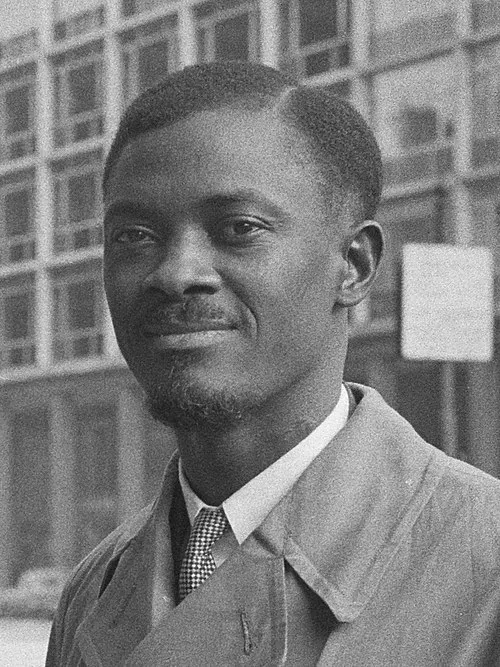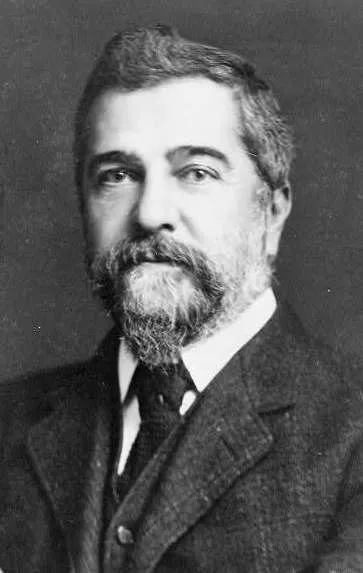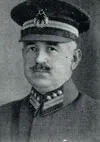
Name: Patrice Lumumba
Nationality: Congolese
Position: 1st Prime Minister of the Democratic Republic of the Congo
Birth Year: 1925
Death Year: 1961
Patrice Lumumba: A Legacy Etched in History
On January 17, 1961, the world mourned the loss of a fervent revolutionary and the first Prime Minister of the Democratic Republic of the Congo. Patrice Lumumba, born in 1925 in Onalua, was not just an ordinary politician; he embodied a beacon of hope for his people who had been shackled under colonial rule. His journey to power and subsequent demise is marked by a series of dramatic twists that would ultimately reshape not only Congo but also resonate through African politics for decades.
Emerging from humble beginnings, Lumumba’s early life revolved around education and service to his community. However, it was during his time as a postal worker that he first encountered the stark realities of colonial oppression this awakening ignited his passion for political activism. Perhaps it was this exposure to injustice that fueled his ambition to create a free Congo. In 1958, he co-founded the Mouvement National Congolais (MNC), advocating for independence from Belgian rule. This move set into motion a whirlwind that would change both his fate and that of an entire nation.
The winds of change began swirling faster as Congo gained independence on June 30, 1960. Lumumba was appointed Prime Minister amidst euphoric celebrations across the newly liberated country a moment infused with great promise yet shadowed by deep-seated divisions within its borders. Despite this festive spirit, tribal rivalries and regional separatism threatened to unravel everything he fought for. Ironically, just days into office, he found himself facing betrayal from former allies who feared losing their power in this new landscape.
In those initial weeks after independence, Lumumba's ambitious plans clashed with foreign interests eager to maintain control over Congo’s rich natural resources copper mines and diamonds attracted international giants ready to undermine any leader who posed a threat to their profits. As tensions escalated between various factions within Congo including secessionist movements in Katanga led by Moïse Tshombe Lumumba sought help from Soviet leaders to stabilize his government against perceived Western imperialism.
This decision sent shockwaves through Washington and Brussels alike; many viewed him as a communist sympathizer a label that sealed his fate when political tides turned against him domestically and internationally. The U.S., fearing another Cuba-style situation unfolding in Africa during the Cold War era... Well! Who knows what might have happened if they hadn’t intervened? His attempts at national unity were sabotaged at every turn; despite repeated calls for solidarity among different ethnic groups within Congo itself...
By September 1960, Lumumba faced increasing hostility from President Joseph Kasavubu a man once considered an ally but whose allegiance shifted dramatically amid mounting pressures from foreign powers aiming to destabilize Lumumba’s administration further. The chaos culminated when Kasavubu dismissed him as Prime Minister on September 5th a maneuver seen by many as orchestrated by Western powers intent on removing him before consolidating control over lucrative mineral wealth.
Yet even under arrest following this political coup the same forces seeking to dethrone him could not extinguish his spirit or vision! Perhaps it was these unyielding ideals about sovereignty that made him all the more dangerous in their eyes... On December 2nd, while being held captive amidst rising tensions both inside parliament halls filled with bickering politicians and outside where citizens protested Lumumba passionately spoke about dreams deferred: “The future belongs only those who fight!”
This declaration reverberated far beyond Congolese borders; movements across Africa drew inspiration from them like wildfire! However tragically ironic it seemed then their cries echoed back home where bloody conflicts arose after foreign agents plotted alongside disillusioned local officials against luminaries like himself!
The Fall From Grace
By early January 1961 as fears mounted regarding what might happen next the United Nations became embroiled without concrete answers… Amidst all these developments lay harsh realities: on January14th , U.N troops arrived at Katanga province trying desperately restore peace but failed miserably due dissent brewing across factions confronting one another daily...
This chaotic backdrop painted broader strokes revealing deeper problems underlying post-colonial governance throughout Africa during turbulent times characterized largely governance struggles plus myriad challenges present-day leaders face when navigating modern complexities threatening sovereignty surrounding their nations...
Soon after being transferred into custody by authorities loyal instead toward Kasavubu/military faction loyalists positioned nearby waiting patiently which effectively sealed Lumumbas fate entirely in horror learned how far he'd fallen since inauguration day barely months earlier!
The infamous betrayal came swiftly thereafter before dusk fell darkly upon two countries with blood stained legacies intertwined forevermore where soldiers executed orders fueled hatred born ignorance sometimes tearing apart lives whole generations long gone…and forever etched indelibly each passing year reminding us how important vigilance must remain protecting democracies even today!
Ironically enough few knew much about consequences suffered internally communities responding violence inflicted nor honestly acknowledging complexities comprising collective histories shared amongst peoples divided ever since colonialism seeped onto shores here later wreaking havoc left right until nothing seemed safe anymore…
A Mark Left Behind
The aftermath saw anti-colonial sentiments surge wildly across Africa leading up years events marking struggles toward justice equality becoming foundational elements invoked repeatedly during rallies protests encouraging voices challenging oppressive systems everywhere else finding expression resonating deeply relatable sentiments where we share common ground regardless background races beliefs…









